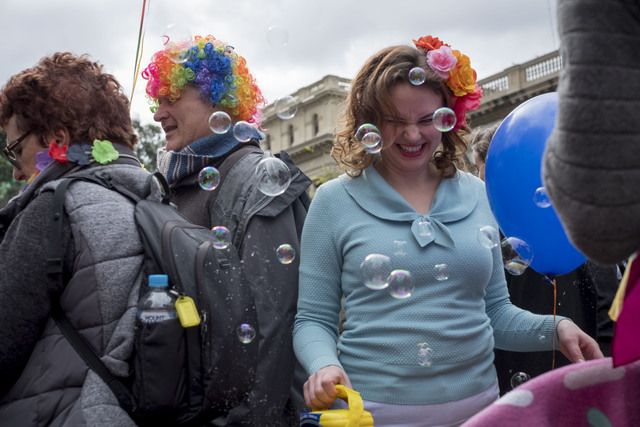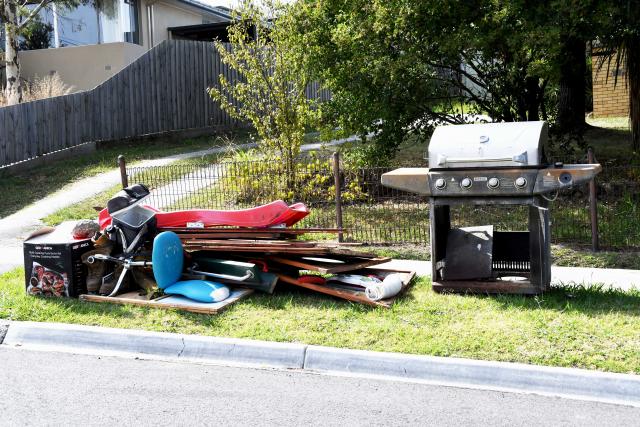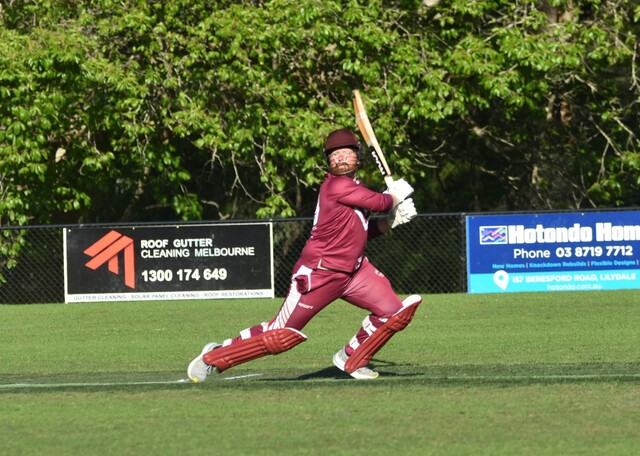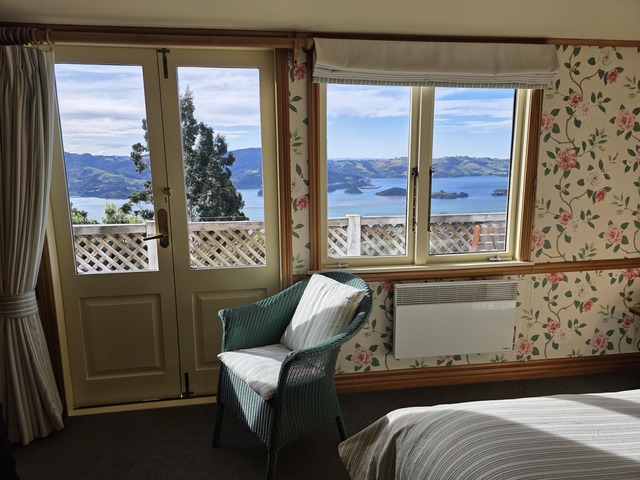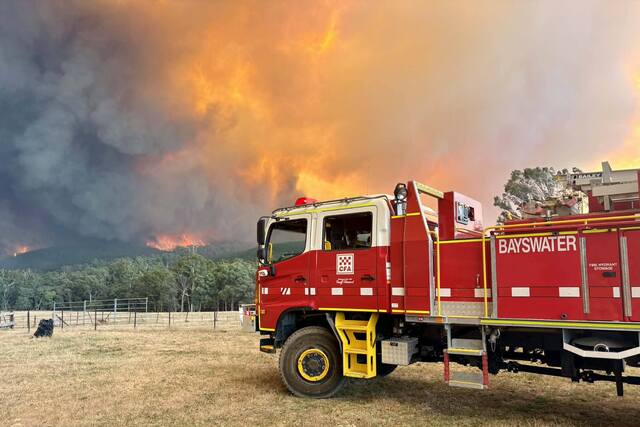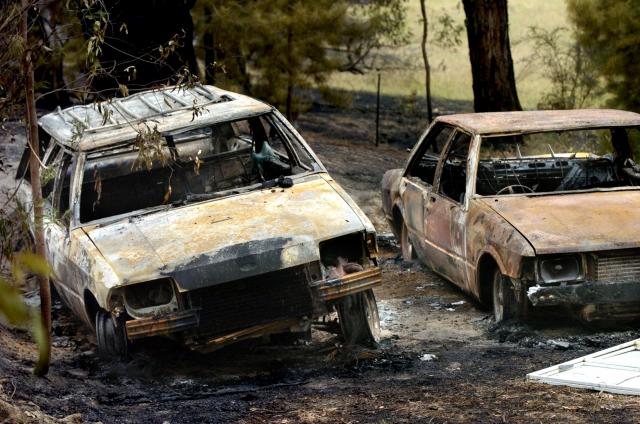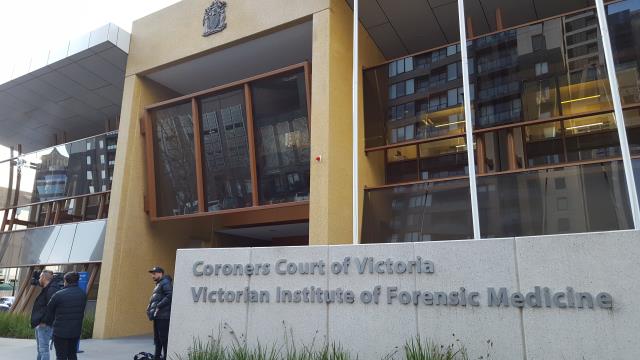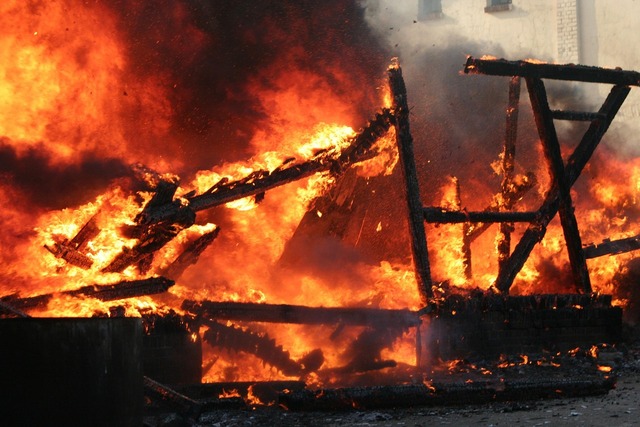This week, Christine Yunn-Yu Sun explores the Literature of the World.
In Ljubljana UNESCO City of Literature, capital of Slovenia with the proud motto “We live literature here”, the prestigious “Fabula – Literature of the World” festival is now in full swing Fabula is the largest and most important literary festival in Slovenia and the wider region. Founded in 2003 and sponsored by Beletrina Academic Press, it has hosted many world-renowned authors, including Australia’s own Richard Flanagan, whose 1997 novel The Sound of One Hand Clapping features a Slovenian immigrant family in Tasmania.
According to festival website, each year Fabula invites five authors who have shaped world literature in recent years. The guests are accompanied by fresh translations of their books into Slovene, which are often the first-ever translations of the authors into Slovene.
In the past four years, Fabula has had 20 prominent international authors and their books introduced to Slovenian readers via translation. Also to be applauded is Beletrina Academic Press’s considerable and continued efforts in bringing outstanding Slovenian authors to English readers.
The vision and success of Fabula is a fair reflection of Ljubljana’s reputation as the “World Book Capital”. Designated as a UNESCO City of Literature in 2015, Ljubljana is committed to fostering “a politics of openness and accessibility of culture, especially in regards to books”.
According to its website, Ljubljana pledges to “maintain its cultural diversity, create inclusive job opportunities in the cultural sector, promote cultural tourism, establish international connections, and provide spiritual and material conditions which would encourage creative activities”.
For example, Ljubljana’s landmark Vodnik Homestead has hosted the Children’s Book Festival since 2015, with the venue’s indoor spaces and garden “bursting at the seams with colourful literary activities” for enthusiastic young schoolchildren ready to read through the long summer vacation.
The homestead, just outside the city centre, is also home to Etc, an important festival of socially engaged writing that is organised by and for young people. Throughout the years, the event has forged many forms of intergenerational collaboration between authors and high-school students.
Particularly noteworthy is the fact that, since 2011, Ljubljana has been a member of the International Cities of Refugees Network that gives shelter to persecuted writers and artists from around the world. Since 2019, the city has hosted journalists and human rights defenders from Morocco, Ethiopia, Iraq and Iran, just to name a few.
On a lighter note, Library under the Treetops is a “recognised and well-attended parade of free reading, browsing and enjoyment on different public spaces” not just in the capital but across the whole country. In 2019, the event’s 12 locations in Ljubljana and an additional 16 locations around Slovenia attracted more than 40,000 local and foreign visitors.
In the words of Damjan Zorc, Coordinator of Ljubljana UNESCO City of Literature, the city gives “utmost consideration” to “the accessibility of books as the foundation of knowledge, creativity, and the transmission of information”. We look forward to seeing more opportunities for Melbourne and Ljubljana to work with and learn from each other through cultural exchange and literary collaboration.


